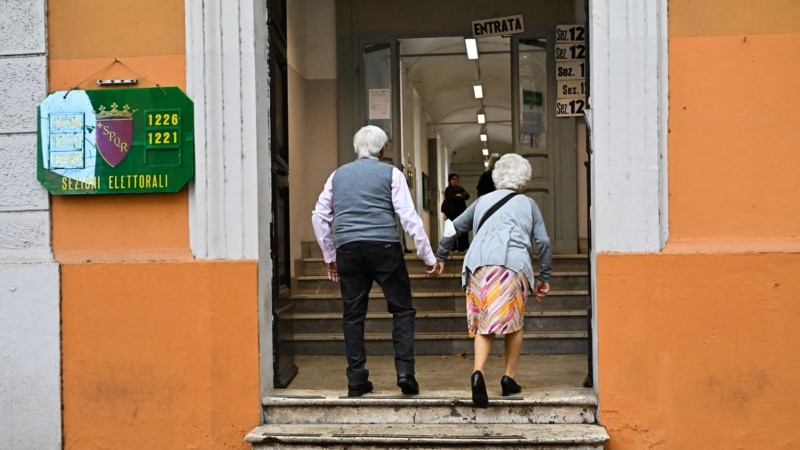
The United Nations is calling for an end to discrimination against older people and for recognition of their contributions to society, as it marks the International Day of Older Persons Saturday. With 1.4 billion people estimated to have reached at least 60 years old by 2030, U.N. officials say that is too many people to ignore and dismiss as inconsequential, especially as older people still make many significant contributions. At 73, U.N. Secretary-General Antonio Guterres demonstrates that. In celebration of the day, he commended the accomplishments of older people, whom he called a valuable source of knowledge and experience. He also praised the resilience of the more than 1 billion older people in facing adversity in a rapidly changing world. “The past years have witnessed dramatic upheavals and older people often found themselves at the epicenter of crises,” Guterres said. “They are particularly vulnerable to a range of challenges, including the COVID-19 pandemic, the worsening climate crisis, proliferating conflicts, and growing poverty. Yet in the face of these threats, older people have inspired us with their remarkable resilience.” The World Health Organization says longer life brings opportunities to pursue new activities, such as further education or a new career, depending on a person’s health. WHO Director-General Tedros Adhanom Ghebreyesus called it important for countries to work together to foster healthy aging — an effort that must include older people themselves. “A collaboration to improve the lives of older people, their families, and their communities,” said Tedros. “In practice that means keeping alert for ageism and supporting older people by engaging them in the community, providing responsive health care, and quality long-term care for those who need it.” The U.N. says it is important to challenge negative characterizations and misconceptions about the elderly. It calls for an end to age and gender discrimination and for communities to create opportunities for older people who live in them.
Most Read